
The Charms of Point E: Dakar's Cultural and Relaxed Oasis
Nestled between the bustling heart of Dakar and the serene Atlantic coast, Point E is a delightful blend of urban charm and tranquil ambiance. This neighborhood, once a quiet residential area, has blossomed into a vibrant hub for art, culture, and cuisine, making it a must-visit destination for any traveler exploring Senegal's capital city. Strolling through the tree-lined streets of Point E, you'll encounter an array of charming cafes, eclectic boutiques, and lively markets. The neighborhood is a haven for art lovers, with several galleries showcasing the works of both local and international artists. The lively atmosphere is complemented by the friendly locals, who are always eager to share their culture and stories. Point E is also renowned for its culinary scene. From traditional Senegalese dishes to international flavors, the diverse range of restaurants and eateries offers something for every palate. Don't miss the chance to try local favorites like thieboudienne (a flavorful fish and rice dish) or yassa (a tangy marinated chicken or fish). The neighborhood's vibrant nightlife scene, with its mix of cozy bars and lively music venues, ensures that the fun doesn't stop when the sun goes down. Whether you're an art enthusiast, a foodie, or simply looking to soak up the local culture, Point E offers a unique and memorable experience. Its blend of modern conveniences and traditional charm makes it a perfect spot for tourists seeking both relaxation and adventure.
Local tips in Point E
- Visit the local art galleries to see works by emerging Senegalese artists.
- Try traditional dishes like thieboudienne and yassa at local eateries.
- Explore the neighborhood on foot to fully appreciate its charm and hidden gems.
- Experience the vibrant nightlife with a mix of cozy bars and live music venues.
The Charms of Point E: Dakar's Cultural and Relaxed Oasis
Nestled between the bustling heart of Dakar and the serene Atlantic coast, Point E is a delightful blend of urban charm and tranquil ambiance. This neighborhood, once a quiet residential area, has blossomed into a vibrant hub for art, culture, and cuisine, making it a must-visit destination for any traveler exploring Senegal's capital city. Strolling through the tree-lined streets of Point E, you'll encounter an array of charming cafes, eclectic boutiques, and lively markets. The neighborhood is a haven for art lovers, with several galleries showcasing the works of both local and international artists. The lively atmosphere is complemented by the friendly locals, who are always eager to share their culture and stories. Point E is also renowned for its culinary scene. From traditional Senegalese dishes to international flavors, the diverse range of restaurants and eateries offers something for every palate. Don't miss the chance to try local favorites like thieboudienne (a flavorful fish and rice dish) or yassa (a tangy marinated chicken or fish). The neighborhood's vibrant nightlife scene, with its mix of cozy bars and lively music venues, ensures that the fun doesn't stop when the sun goes down. Whether you're an art enthusiast, a foodie, or simply looking to soak up the local culture, Point E offers a unique and memorable experience. Its blend of modern conveniences and traditional charm makes it a perfect spot for tourists seeking both relaxation and adventure.
Iconic landmarks you can’t miss
African Renaissance Monument
Discover the grandeur of the African Renaissance Monument in Dakar, a symbol of hope and pride, offering stunning views and rich cultural significance.
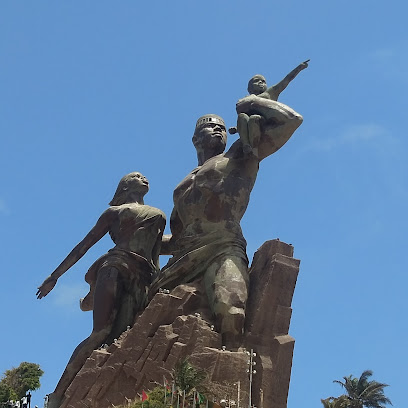
Place du Souvenir Africain
Explore Place du Souvenir Africain in Dakar, a powerful tribute celebrating African resilience and culture through art and history.
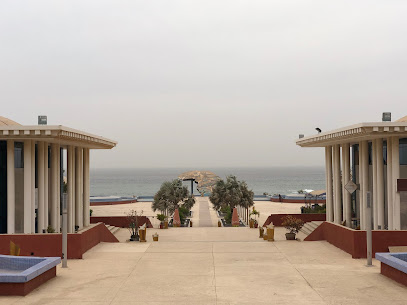
Monument du Millénaire
Explore the Monument du Millénaire, a historical landmark in Dakar that embodies Senegal's rich culture and artistic heritage surrounded by lush greenery.
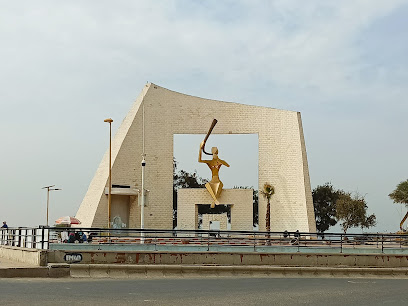
Corniche Ouest
Explore the scenic beauty of Corniche Ouest in Dakar, where stunning ocean views and vibrant local culture blend seamlessly for an unforgettable experience.
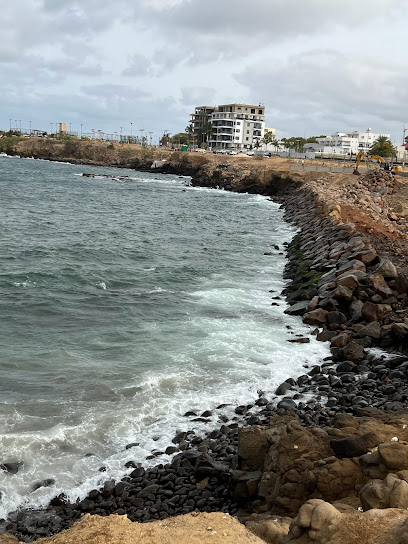
Monument Demba et Dupont
Explore the Monument Demba et Dupont in Dakar, a tribute to Senegal's rich history and cultural heritage, perfect for history enthusiasts and travelers alike.
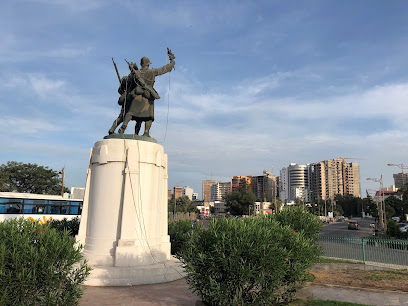
Rond-Point Sahm
Discover the vibrant spirit of Dakar at Rond-Point Sahm, a bustling hub of culture, art, and local flavors in the heart of the Medina district.
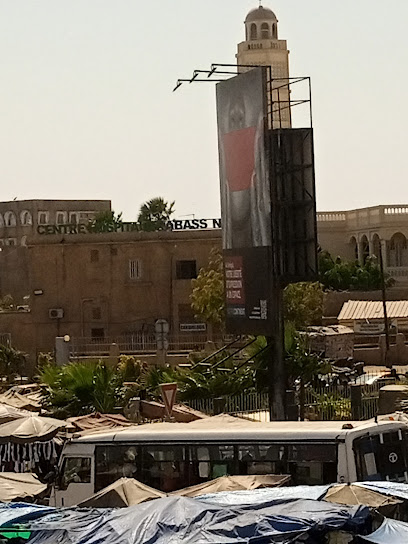
Statue de Léopold Sédar Senghor
Discover the Statue of Léopold Sédar Senghor, a remarkable tribute to Senegal's first president and a must-visit cultural landmark in Dakar.
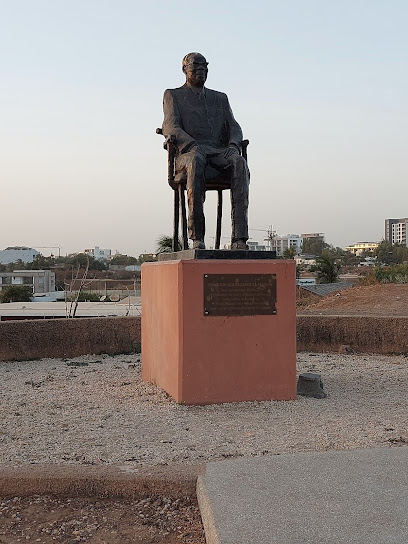
Tour de l'oeuf point E
Explore the vibrant creativity of Senegal at Tour de l'oeuf Point E, a premier art gallery in Dakar showcasing local talent and cultural heritage.
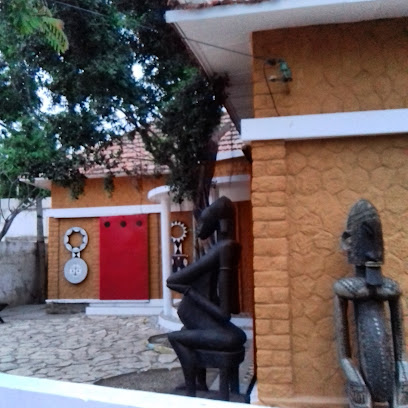
Big Tree
Discover the Big Tree in Dakar, a historical landmark steeped in culture and natural beauty, offering a serene escape in the heart of the city.
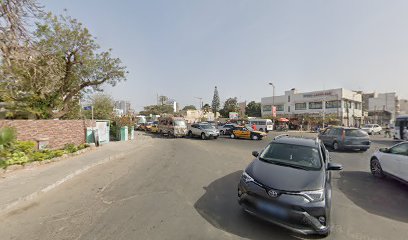
dakar
Explore the rich history and vibrant culture of Dakar, Senegal's bustling capital filled with landmarks, markets, and culinary delights.
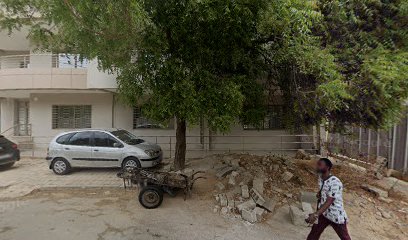
Point de galère
Discover the rich maritime heritage at Point de Galère, a historical landmark in Dakar that offers breathtaking views and cultural insights.
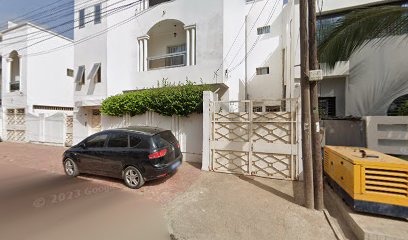
Unmissable attractions to see
House of Slaves
Explore the poignant history of the transatlantic slave trade at the House of Slaves on Gorée Island, a UNESCO World Heritage Site.

IFAN Museum of African Arts
Explore the IFAN Museum of African Arts in Dakar, a captivating journey through Africa's rich cultural heritage and artistic expressions.
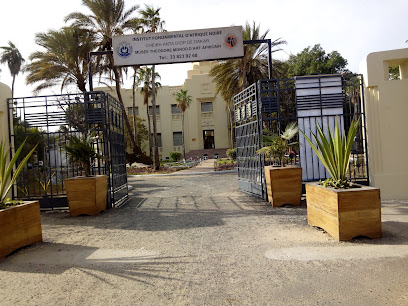
Dakar Corniche Ouest
Discover the serene beauty of Dakar Corniche Ouest, a vibrant coastal garden perfect for relaxation and cultural immersion in Senegal's capital.
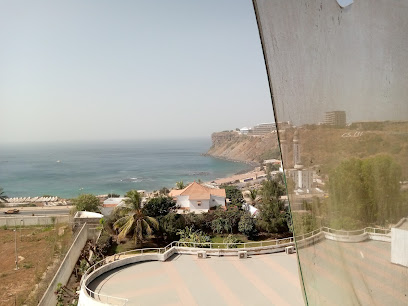
Essential places to dine
Le Jardin Thailandais
Discover the rich flavors of Thailand at Le Jardin Thailandais in Dakar - where every meal is a culinary journey.
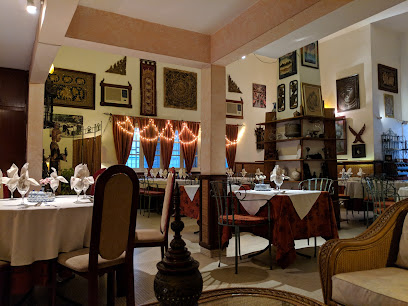
HERITAGE
Discover authentic Senegalese flavors at Heritage in Dakar - where culinary tradition meets warm hospitality.
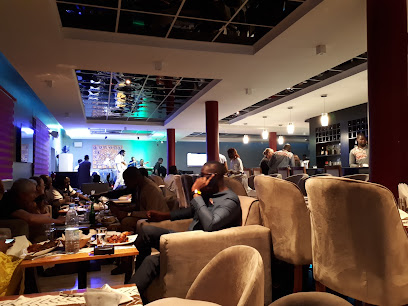
Trattoria da Alex
Experience authentic Italian cuisine at Trattoria da Alex in Dakar, where delicious flavors meet warm hospitality in every dish.
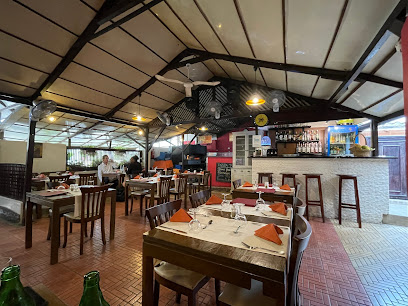
O Good Food
Experience culinary delights at O Good Food in Dakar - where local flavors meet international cuisine in a vibrant setting.
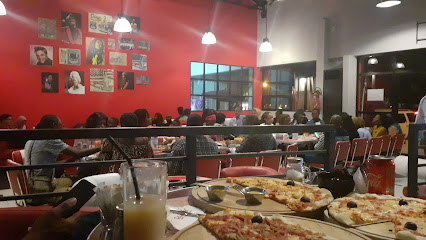
Restaurant Le Phénix Jardin
Experience authentic Senegalese cuisine at Restaurant Le Phénix Jardin – where local flavors meet warm hospitality in the heart of Dakar.
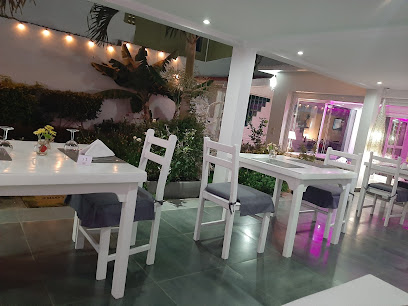
Le palace bar
Discover Le Palace Bar in Dakar: A vibrant hotspot for drinks and culture that captures the spirit of Senegalese nightlife.
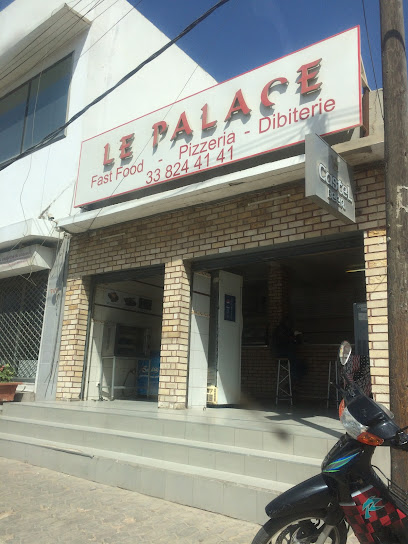
Restaurant L'ortolan
Experience authentic Senegalese flavors at Restaurant L'ortolan in Dakar - where every meal tells a story.
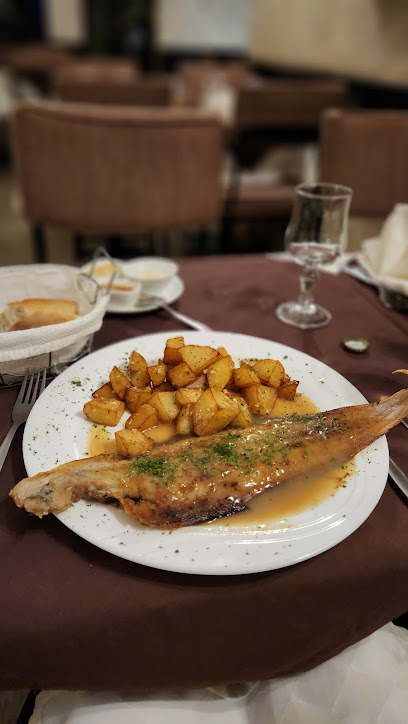
RESTAURANT LEO
Discover authentic Senegalese flavors at Restaurant Leo in Dakar – where every dish tells a story of tradition and taste.
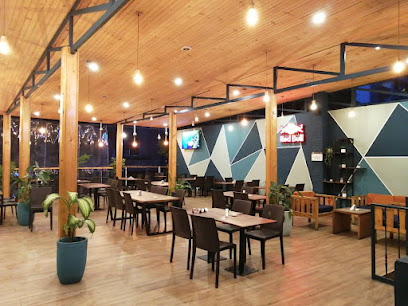
Restaurant La Baie D'Along
Discover authentic Vietnamese cuisine at Restaurant La Baie D'Along in Dakar - A delightful culinary experience awaits!
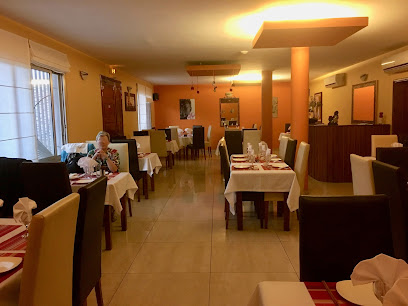
D'NUBIAN RESTAURANT
Experience authentic Senegalese cuisine at D'Nubian Restaurant in Dakar's vibrant Fann-Point E-Amitié neighborhood.
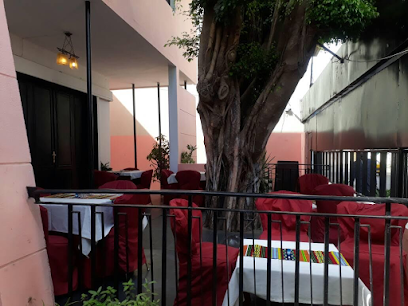
Markets, malls and hidden boutiques
Imaara Concept Store
Discover unique handcrafted gifts at Imaara Concept Store in Dakar, a treasure trove of local artistry and culture.
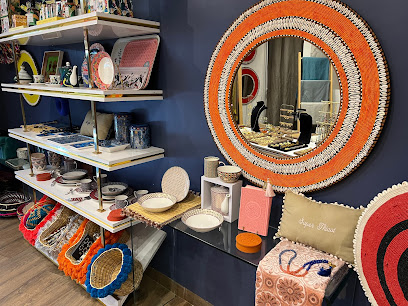
Malick Shop
Explore the vibrant Malick Shop in Dakar for authentic African clothing, bespoke tailoring, and unique handicrafts that celebrate Senegalese culture.
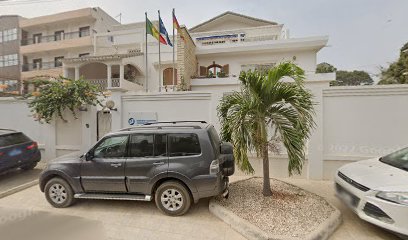
MARINA BOUTIQUE
Explore Marina Boutique in Dakar for unique home goods that capture the essence of Senegalese culture and craftsmanship.
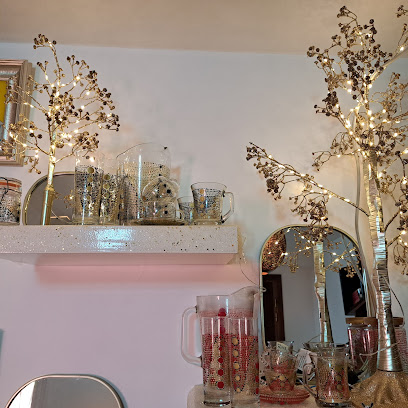
AKSIL BOUTIQUE
Explore AKSIL Boutique in Dakar for unique fashion that blends modern trends with Senegalese culture.
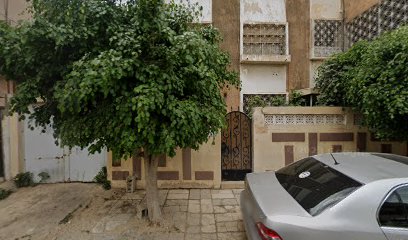
MF Boutique
Explore MF Boutique in Dakar for exclusive fashion pieces that blend local culture with contemporary style, perfect for every traveler.
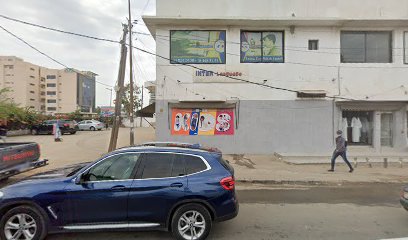
Boutique Boubacar Ba
Explore Boutique Boubacar Ba in Dakar for unique clothing that beautifully blends traditional and modern Senegalese styles.
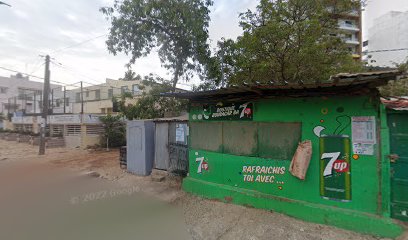
Tasbih Store SN
Explore Tasbih Store SN for unique Senegalese gifts and handcrafted treasures that embody the spirit of Dakar's vibrant culture.

Univers des voilées
Explore Senegalese women's fashion at Univers des voilées, a boutique in Dakar offering stylish, modern hijab attire that celebrates culture and elegance.
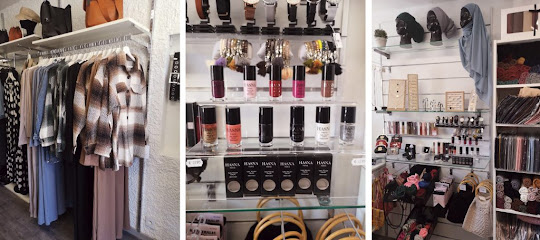
CHLOE SHOP
Discover unique fashion and local artistry at Chloe Shop, a trendy clothing store in Dakar, perfect for stylish souvenirs.
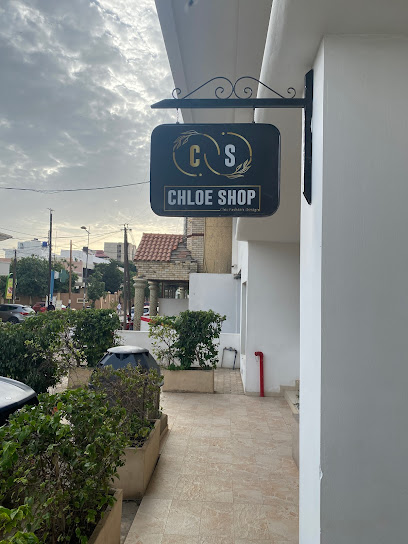
Ramani Boutique
Explore the vibrant world of Senegalese fashion at Ramani Boutique, a treasure trove of stylish clothing and accessories in the heart of Dakar.
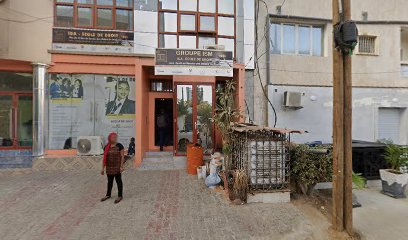
Essential bars & hidden hideouts
Complexe Hibiscus
Experience the vibrant nightlife of Dakar at Complexe Hibiscus, where cocktails, music, and culture intertwine for an unforgettable evening.
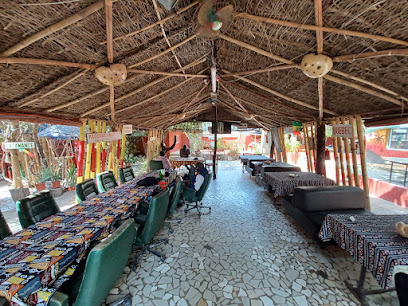
Le Khorbi
Discover the vibrant nightlife of Dakar at Le Khorbi, where cocktails and local flavors create an unforgettable experience.
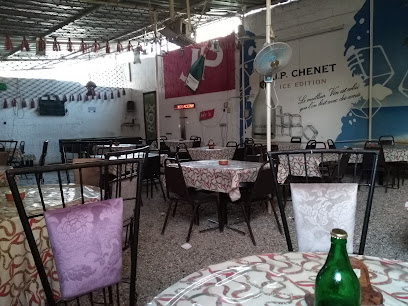
Le Relais Hotel Restaurant Bar
Experience the vibrant spirit of Dakar at Le Relais Hotel Restaurant Bar, where local flavors and a welcoming atmosphere await.
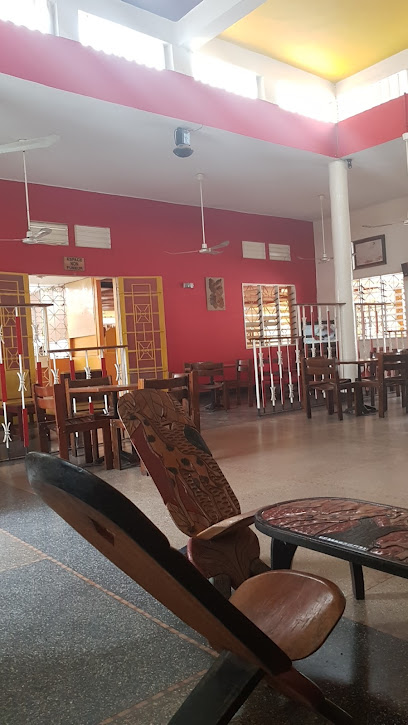
Le palace bar
Experience the vibrant nightlife and delectable cuisine at Le Palace Bar, a must-visit restaurant in the heart of Dakar, Senegal.
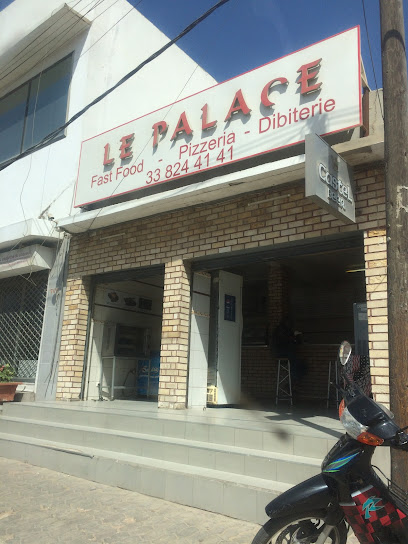
Golden Night Club
Golden Night Club in Dakar: A vibrant nightlife destination offering electrifying music, exquisite cocktails, and an unforgettable atmosphere for every party lover.
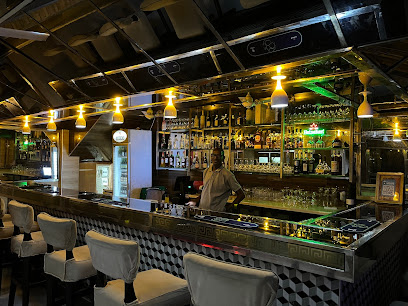
Le Maquis des allées
Experience the vibrant nightlife of Dakar at Le Maquis des allées, a lively bar offering local flavors and live music in a welcoming atmosphere.
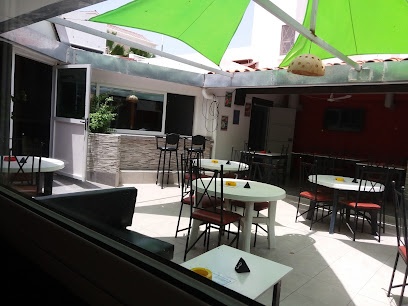
Korus restaurant Lounge
Discover the vibrant flavors and lively atmosphere at Korus Restaurant Lounge in Dakar, where culinary excellence meets a social hub.
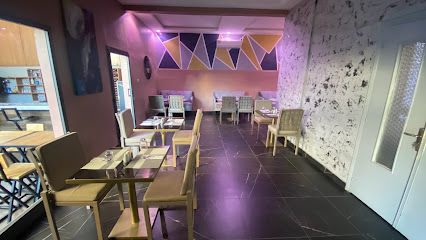
Chicha
Experience the vibrant nightlife of Dakar at Chicha, a cultural hub where local flavors and live music come together for an unforgettable evening.
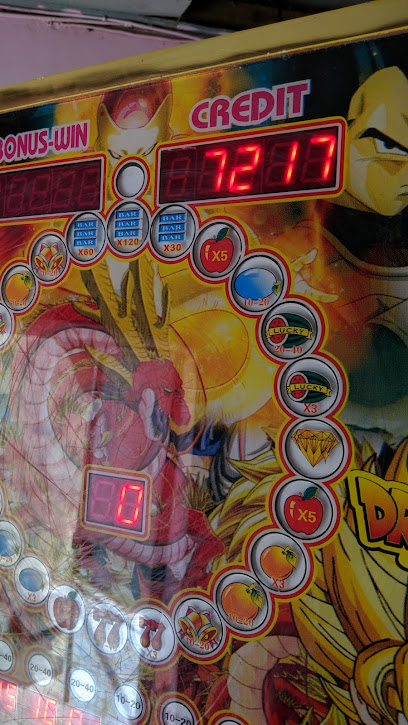
O’Sommet
Experience the vibrant nightlife of Dakar at O’Sommet, a bar that offers a unique blend of local flavors and a welcoming atmosphere.
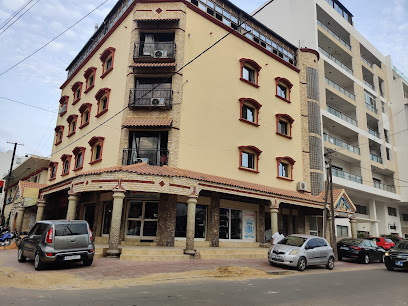
Pen'Art
Experience the lively atmosphere of Pen'Art, a must-visit bar in Dakar offering a taste of local culture and vibrant nightlife.
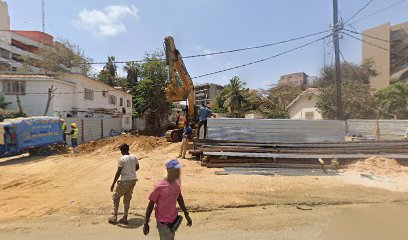
Local Phrases
-
- HelloSalaam aleekum
[sa-laam a-le-kum] - GoodbyeBa ci kanam
[ba ci ka-nam] - YesWaaw
[waaw] - NoDéedéet
[dee-deet] - Please/You're welcomeNopp
[nopp] - Thank youJërëjëf
[je-re-jef] - Excuse me/SorryBaal ma
[baal ma] - How are you?Nanga def?
[nan-ga def?] - Fine. And you?Jamm. Maa ngi tudd?
[jam. ma ngee tud?] - Do you speak English?Benn laa ko Angaleex?
[ben laa ko an-ga-leex?] - I don't understandDinaa ko?
[dee-naa ko?]
- HelloSalaam aleekum
-
- I'd like to see the menu, pleaseNopp, def naa Karte bi
[nopp, def naa kar-te bi] - I don't eat meatMaa lajj bu jëm
[maa lajj bu jem] - Cheers!Waaw
[waaw] - I would like to pay, pleaseNopp, def naa degg
[nopp, def naa deeg]
- I'd like to see the menu, pleaseNopp, def naa Karte bi
-
- Help!Nangu
[nan-gu] - Go away!Dafa wara
[da-fa wa-ra] - Call the Police!Nopp, def naa polis
[nopp, def naa po-lis] - Call a doctor!Nopp, def naa dokteer
[nopp, def naa dok-teer] - I'm lostMaa jëm ci kanam
[maa jem ci ka-nam] - I'm illMaa lajj
[maa lajj]
- Help!Nangu
-
- I'd like to buy...Nopp, def naa jot
[nopp, def naa jot] - I'm just lookingMaa jàng ci
[maa jang ci] - How much is it?Ñu ñu fii?
[nyu nyu fee?] - That's too expensiveGoor naa laa
[goor naa laa] - Can you lower the price?Benn laa ñu deff
[ben laa nyu deff]
- I'd like to buy...Nopp, def naa jot
-
- What time is it?Wàññi ñàkk?
[wa-nyi nyak?] - It's one o'clockNopp, waññi bëgg
[nopp, wa-nyi begg] - Half past (10)Nopp ci xët 10
[nopp ci xet 10] - MorningKër gi
[ker gee] - AfternoonÑent gi
[nyent gee] - EveningKër gi
[ker gee] - YesterdayNeexna
[neex-na] - TodayNopp
[nopp] - TomorrowBëgg na
[begg na] - 1Benn
[ben] - 2Jëf
[jef] - 3Juroom
[ju-room] - 4Njërt
[njer-t] - 5Jàmm
[jamm] - 6Joon
[joon] - 7Jëkkati
[je-kka-ti] - 8Jëkk
[jekk] - 9Jëkku mbind
[jekkoo mbind] - 10Fukk
[fookk]
- What time is it?Wàññi ñàkk?
-
- Where's a/the...?Wàññi...?
[wa-nyi...?] - What's the address?Wàññi ñàkk xët?
[wa-nyi nyak xet?] - Can you show me (on the map)?Benn laa du ma (ci mbër)?
[ben laa du ma (ci mber)?] - When's the next (bus)?Wàññi ñàkk (bus) bii?
[wa-nyi nyak (bus) bee?] - A ticket (to ....)Benn bi (to ....)
[ben bi (to ....)]
- Where's a/the...?Wàññi...?
History of Point E
-
Point E, established in the early 20th century, reflects the colonial aspirations of the French in Senegal. The area was developed primarily as a residential neighborhood for French nationals, showcasing architectural styles that blend European influences with local design elements. The colonial era saw the establishment of various administrative and cultural institutions that still resonate in Point E today.
-
The 1960s marked a significant turning point for Point E as Senegal gained independence from French colonial rule. This period saw a cultural renaissance in Dakar, with Point E emerging as a hub for intellectuals, artists, and political activists. The neighborhood played a crucial role in the burgeoning national identity, reflected in the vibrant arts scene that continues to thrive.
-
Point E has long been recognized for its diverse population, which includes a mix of Senegalese ethnic groups and expatriates. This cultural melting pot has contributed to a rich tapestry of traditions, languages, and cuisines. The neighborhood is home to various cultural institutions, including galleries and performance spaces that celebrate both local and international art.
-
In recent decades, Point E has undergone significant urban development, with modern infrastructure and residential complexes reshaping the landscape. While this modernization has brought economic growth and improved living conditions, it has also sparked discussions about gentrification and the preservation of cultural heritage in the face of rapid change.
-
Point E houses several important educational institutions, including the Cheikh Anta Diop University, one of the leading universities in West Africa. This academic presence has fostered a vibrant intellectual community, contributing to the neighborhood's reputation as a center of learning and cultural exchange, which enhances Dakar’s overall educational landscape.
Point E Essentials
-
Point E is easily accessible from various neighborhoods in Dakar. The neighborhood is located approximately 10 kilometers from the Dakar International Airport, which can be reached by taxi or private transfer. If you are traveling from downtown Dakar, you can take a taxi or use public transport, such as the Dakar Dem Dikk bus service, which offers routes that connect to Point E. The journey may take around 30 to 45 minutes depending on traffic.
-
Point E is a relatively small neighborhood, making it convenient to explore on foot. Local taxis and motorcycle taxis (called 'jakarta') are commonly available for quicker transportation. The Dakar Dem Dikk buses also run through the area, providing access to other parts of the city. Bicycles can be rented from local shops if you prefer a more active way to explore. For longer distances, consider using ride-hailing apps like Yango or Uber, which are operational in Dakar.
-
Point E is generally safe for tourists, but like any urban area, it is essential to remain vigilant. Avoid wandering alone at night, especially in poorly lit areas. Certain parts of Dakar, such as the Medina and parts of the city center, may have higher crime rates, particularly petty theft targeting tourists. Always keep your belongings secure and be cautious when using your phone in public.
-
In case of an emergency, dial 15 for police assistance, 18 for fire services, and 800 for medical emergencies in Dakar. There are local clinics and hospitals in Point E, but it is advisable to have health insurance that covers emergencies. For minor health issues, pharmacies are available throughout the neighborhood.
-
Fashion: Do dress modestly, especially in public spaces and when visiting religious sites. Avoid shorts and revealing clothing. Religion: Do respect local customs; always greet people politely. Public Transport: Do be courteous and allow seniors to sit first. Don’t engage in loud conversations or make a mess. Greetings: Do greet with a handshake and a smile; a friendly 'Bonjour' is appreciated. Eating & Drinking: Do try local dishes like 'Thieboudienne' and drink bottled water. Don’t eat in public transport or display food excessively.
-
To experience Point E like a local, visit the local markets such as Marché Point E for fresh produce and handicrafts. Engage with shopkeepers and locals; they are often welcoming and eager to share insights about their culture. Try to attend a local event or festival if possible, as this is a great way to immerse yourself in Senegalese culture. Additionally, consider visiting nearby cultural sites, like the Cheikh Anta Diop University and the African Renaissance Monument, for a deeper understanding of Senegal’s history.
Nearby Cities to Point E
-
Things To Do in Thiès
-
Things To Do in Mbour
-
Things To Do in Bakau
-
Things To Do in Kaolack
-
Things To Do in Serekunda
-
Things To Do in Serrekunda
-
Things To Do in Banjul
-
Things To Do in Lamin
-
Things To Do in Brikama
-
Things To Do in Saint-Louis
-
Things To Do in Gunjur
-
Things To Do in Farafenni
-
Things To Do in Soma
-
Things To Do in Janjanbureh
-
Things To Do in Canchungo





